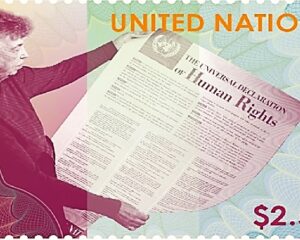The turning point at which the American hegemony began to irretrievably unravel will retrospectively be judged as the reaction of the Biden Administration to the Gaza crisis. Amid the pomp of an Official Visit to Washington did the Australian Prime Minister sense the enormity of the moment? As he paid homage to the hegemon, could he feel the facade crumbling to reveal America’s slipping power?
Read more



